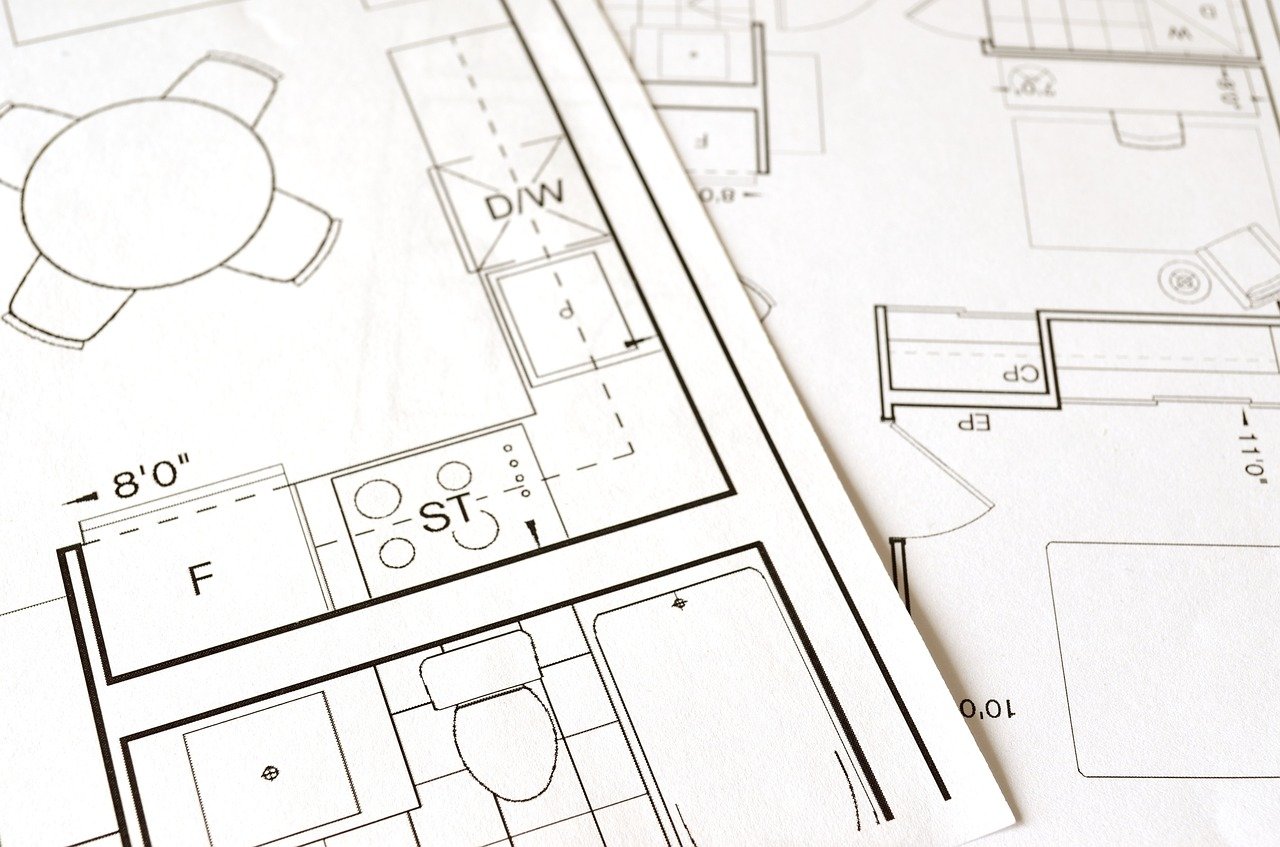Hidden Cost in Real Estate You Need To Know


When it comes to real estate, a ton of hidden costs can add up quickly when you're a first-time home buyer. If buying property isn't something you're familiar with, you don't know about the last-minute charges that can be tacked on to your final purchase cost. A little preparation can go a long way in saving you money in the bank.
Here are the top hidden costs you'll want to know about when purchasing real estate.
1. Closing Costs:
A property's closing cost can vary depending on the type of loan you get and the state you live in, but they typically range from 3-6% of the home's purchase price. This is a significant expense that first-time home buyers often overlook.
2. Transfer Taxes:
When you buy a property, you may be responsible for paying transfer taxes. These taxes are typically a percentage of the home's sale price and vary by state.
There are a few different types of taxes that can be imposed on the transfer of property ownership. The most common are capital gains taxes, which are levied on the profit made from selling a property. Other less common transfer taxes include stamp duty and inheritance tax.
- Capital gains tax is payable on any profit made from the sale of a property, regardless of whether it is your primary residence or investment property. The rate of tax depends on your personal circumstances but is typically around 15%.
- Stamp duty is a tax that is levied on the purchase price of a property. It is typically only payable on properties over a certain value, and the rate varies from state to state. In some cases, stamp duty may also be payable on the transfer of property ownership as part of an inheritance.
- Inheritance tax is a tax that is levied on the value of a person's estate when they die. It is payable by the beneficiaries of the estate, and the rate varies from country to country. In some cases, inheritance tax may also be payable on the transfer of property ownership as part of an estate.
3. Homeowner's Insurance:
Homeowner's insurance is required if you have a mortgage on your home. This type of insurance protects your home and belongings in the event of damage or theft. The cost of homeowner's insurance varies depending on the value of your home and the location, but it is typically around 0.5% of the home's value.
4. Mortgage Insurance:
Mortgage insurance is required if you have a down payment that is less than 20% of the home's value. Mortgage insurance protects the lender in the event that you default on your loan. The cost of mortgage insurance varies depending on the size of your down payment and the length of your loan, but it is typically around 0.5% of the loan amount.
5. Home Maintenance and Repairs:
Owning a home comes with a host of maintenance and repair costs that can add up quickly. From painting and landscaping to fixing appliances and making repairs, these costs can range from a few hundred dollars to several thousand dollars depending on the scope of work.
6. Property Taxes:
Property taxes are calculated based on the value of your home and are paid annually. The average property tax rate in the United States is 1.08%, which means the owner of a $200,000 home would pay $2,160 in property taxes each year.
7. HOA Fees:
If you live in a neighborhood with a Homeowners Association (HOA), you will be responsible for paying HOA fees. These fees vary depending on the amenities and services provided by the HOA, but they typically range from $200 to $300 per month.
Purchasing a home is a significant investment, and there are a number of hidden costs that can add up quickly. By being aware of these costs and preparing for them in advance, you can avoid any last-minute surprises and save yourself money in the long run.
